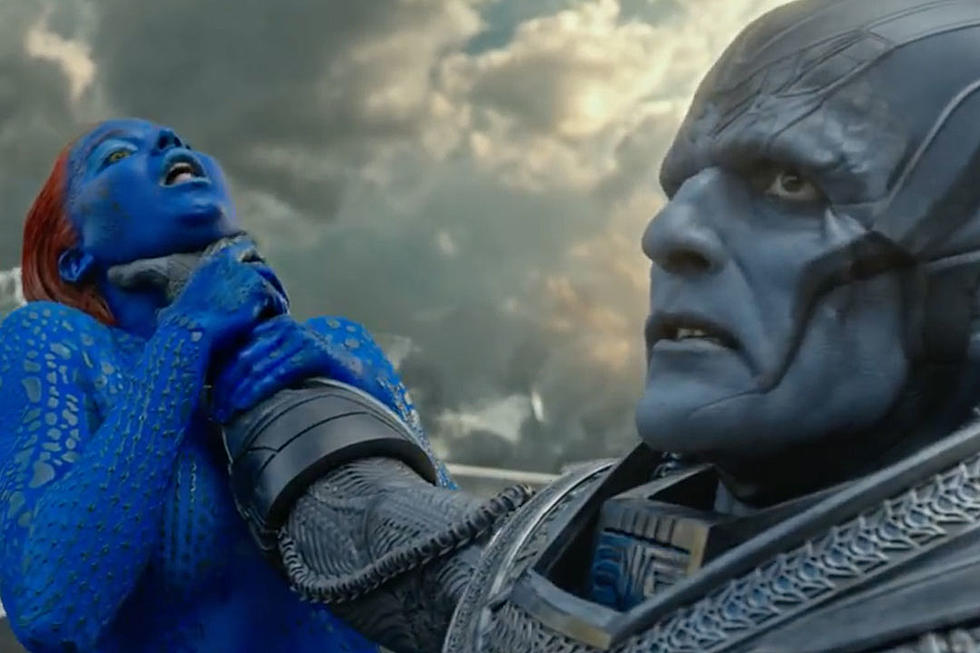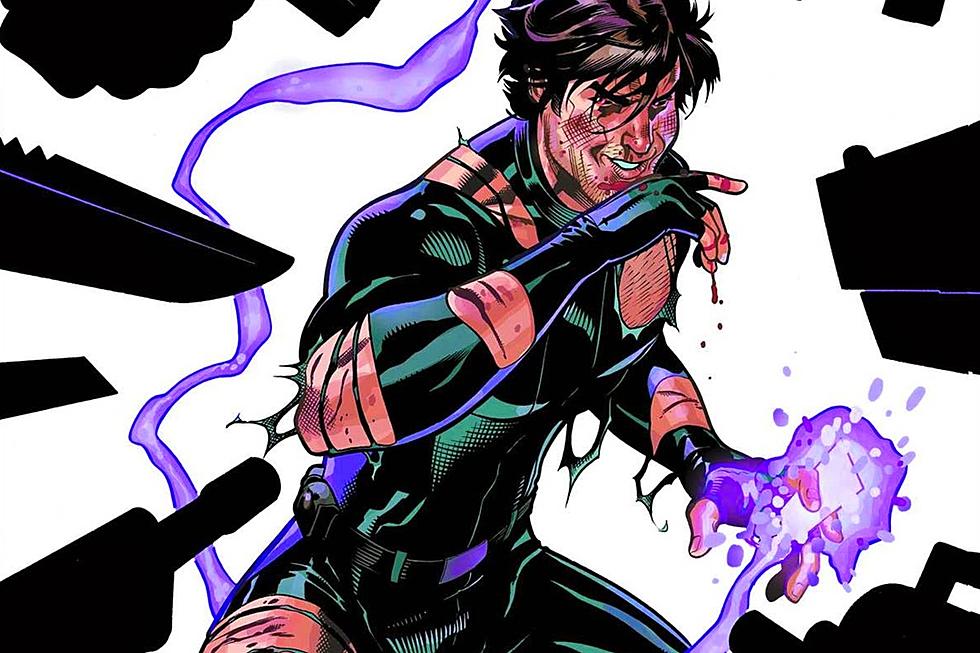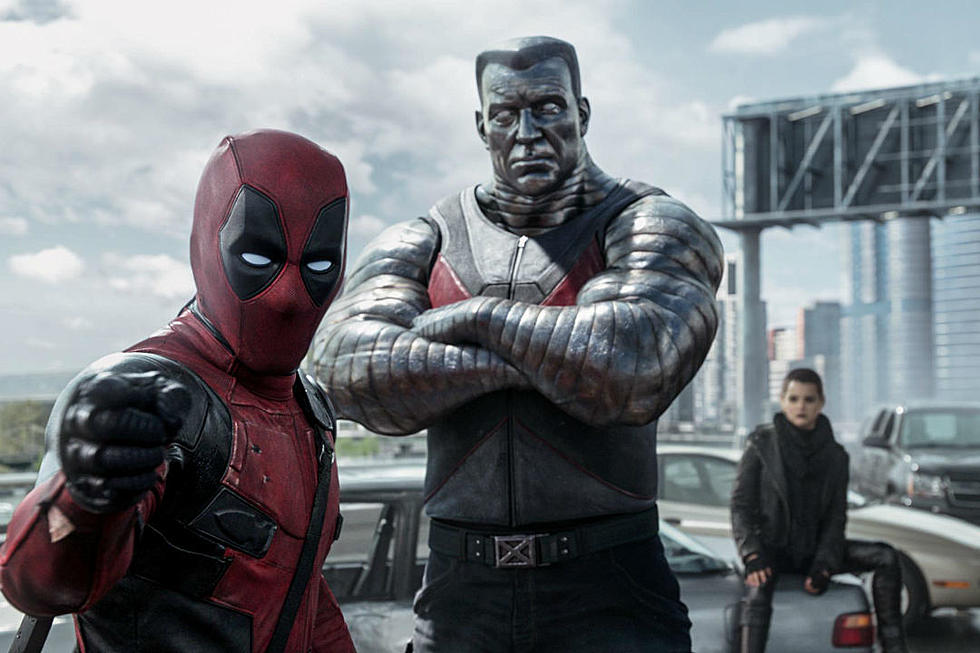
‘X-Men: Apocalypse’ Screenwriter Simon Kinberg Reflects on the Film’s Mistakes
Simon Kinberg is everything an aspiring writer could hope to be. He’s written some of the biggest and most expensive blockbuster movies of his generation. He’s leveraged his talent as a writer into a lucrative career in film and television producing. He’s pushed the boundaries of superhero films and will even tackle his very own Star Wars sequel in the not-too-distant future. He’s been nominated for an Academy Award. By any measure of success, Kinberg is one of Hollywood’s best and brightest.
Except… well, except the movies he’s actually written haven’t done so well. If we use Rotten Tomatoes as a quick guide of quality, Kinberg has written exactly two movies that were designated as fresh: 2009’s Sherlock Holmes and 2014’s X-Men: Days of Future Past. The rest of his work — from Mr. and Mrs. Smith to X-Men: Apocalypse — has flopped pretty hard with critics and audiences alike, and this fact hasn’t been lost upon Kinberg himself. In a recent interview with ComingSoon.net (via Heroic Hollywood), Kinberg discussed the lessons he’d learned from X-Men: Apocalypse in particular:
I think “Apocalypse” became more about global stakes than human stakes. That’s the lesson I learned from the movie, that human and personal stakes always trump global stakes… I think with “Apocalypse” we got away from that a little bit. Maybe we all got a little enamored in the possibility of seeing the world get destroyed and do some things in terms of scale and scope that we haven’t done in the X-Men movies. Scale and scope don’t matter. Audiences today know it’s fake, they’ve seen the world blow up a million times in video games and movies.
As always, only the people involved in the production know for sure where the writers end and the studio begins. I wouldn’t be surprised at all to discover that chunks of Kinberg’s script didn’t make it into the final product; perhaps Kinberg didn’t fight hard enough for his movie, or perhaps he simply wrote the best version of the movie the studio asked him to produce. There are any one of a hundred ways in which the best intentions of a creative team can get swept up in the pressure of making a nine-figure action movie.
Perhaps the message here, then, is that Kinberg needs to trust his instinct as a writer more than his instincts as a producer. The success of Deadpool — a film that Kinberg produced, by the way — shows that audiences don’t need to watch the world be threatened to enjoy a superhero movie. The scope can be as small as one guy, one girl, and one evil dude trying to keep them separated. It’s a format, ironically, that made Kinberg’s first major screenplay for Mr. and Mrs. Smith such an enduring classic; sure, maybe they kick butt, but it was the quiet failures of the characters’ marriage that work the best onscreen. More of that and a little less disaster porn would go a long way towards restoring people’s faith in the X-Men franchise.
More From ComicsAlliance










